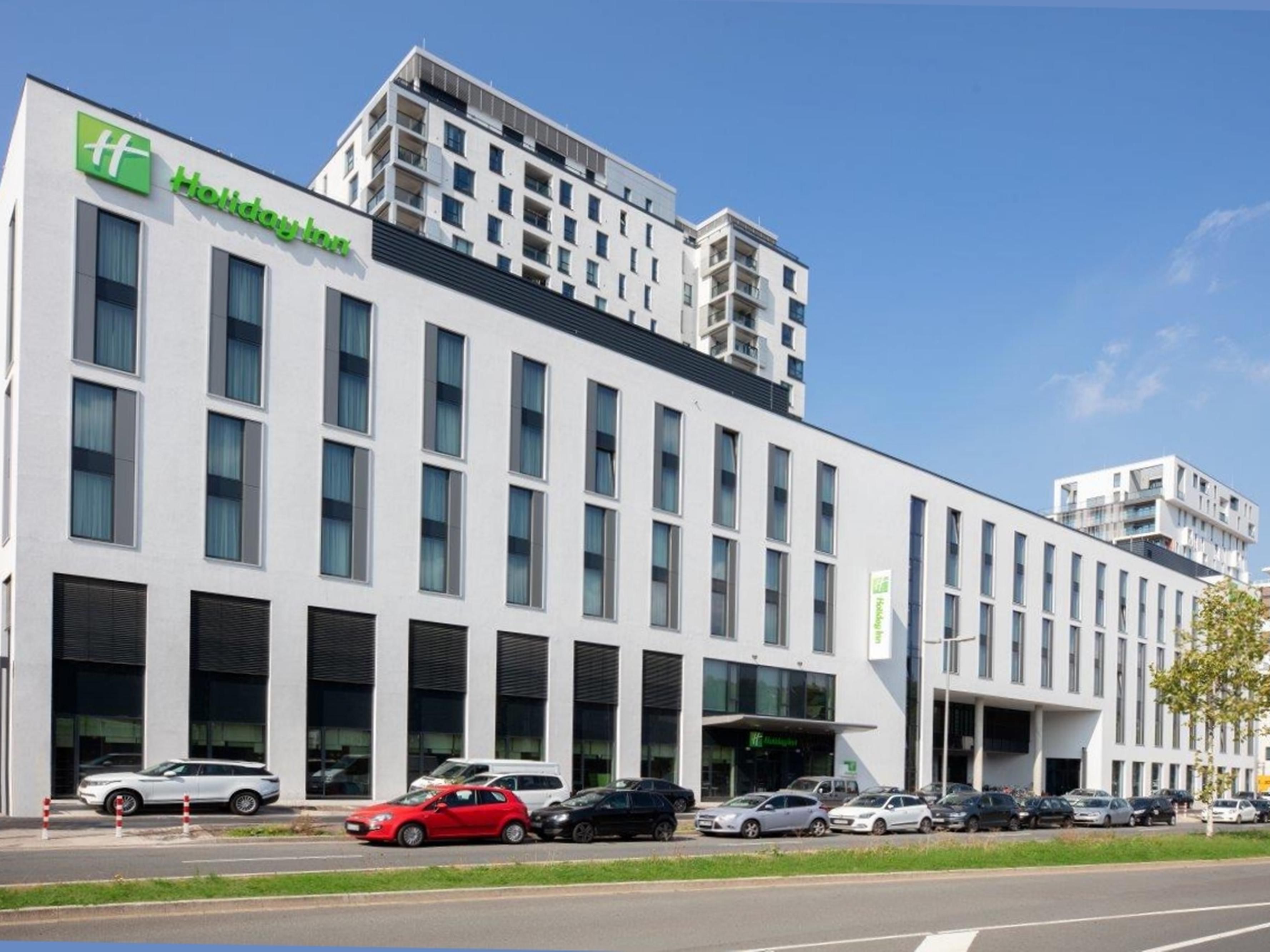2025-08-07
Asset Classes in Focus: Digital Operational Optimization for Hotel Properties

With roughly 50 000 enterprises and four million beds, the hotel industry plays a key role in tourism and makes a major contribution to value creation in Germany. The market is highly diverse, ranging from small and medium-sized enterprises to large-scale hotel chains, and from historical buildings to modern properties located in urban centers. Most of these hotels are operator-run properties, whose commercial success is dependent not only on their location and business strategy but also on their business operations and technical equipment running smoothly.
Between Increasing Operating Costs and ESG Pressure
The hotel property market is currently in a state of transition, as indicated by the latest Hospitality Report from Wüest Partner, looking at German properties: while the number of tourist accommodation establishments dropped by seven percent between 2014 and 2023, the number of beds offered rose by roughly ten percent in the same period. This indicates that the industry is dominated by increasingly large businesses. International hotel chains are the main driver behind this development. This presents growing challenges for both owners and operators.
In its 2024/2025 Spring Reports, the German Property Federation (ZIA) noted that the inflation triggered by the energy crisis has enormously increased operating costs in the hotel industry. In addition to the expenditure for cleaning, maintenance, and taxes, energy costs have significantly increased since 2023, in particular for heating, ventilation, and air-conditioning (HVAC), hot water, and lighting. This particularly affects older, unrenovated portfolio properties and also full-service hotels, which are severely exposed to the volatile energy price development and have a large number of energy-intensive areas, including:
- Catering and kitchens
- Wellness and spa
- Conference and event spaces
- Laundry and cleaning
ESG as Strategic Necessity
Sustainability in the hotel industry is no longer a “nice-to-have”. ESG criteria are becoming increasingly important for investors and guests—especially the environmental factors (the “E” in ESG). Political stipulations such as the goal of a climate-neutral building stock by 2045, EU taxonomy reporting obligations, and rising requirements for building automation, are intensifying the pressure to act.
Robust operational data is also becoming more important, to enable comparisons between central KPIs like CO₂ emissions, energy consumption, and service-provider performance. Collecting consumption and system data centrally is vital in order to assess sustainability and to develop a custom decarbonization road map for each property.
Special Characteristics and User Requirements
Hotels face special requirements and challenges, as a result of their role as tourist accommodation enterprises with high visitor frequency and high expectations for service:
- Different usage zones: As well as the guest rooms, there are other areas such as the lobby, meeting rooms, restaurants, and wellness and sport facilities. These zones have different operating hours and varying requirements in terms of air quality and temperature.
- Fluctuations in capacity usage: Unlike office buildings, with their fixed working hours and occupancy times, hotels experience fluctuations in their capacity usage, depending on the day of the week, the season, and current local events.
- Varying convenience standards: Guests expect comfortable temperatures and good air quality in their rooms at all times. While guests on business trips and on vacation will typically spend the day outside of their rooms, some visitors, such as airline staff who work nights, need the indoor climate to be comfortable even in the middle of the day.
- Comfort functions with high energy consumption: Wellness areas equipped with swimming pools, saunas, and gyms are especially energy-intensive. The increasing demand for charging infrastructure for electric vehicles also makes it necessary to have a reliable power supply.
Measures for Digital System Optimization
To assist with the above-mentioned special characteristics, AI-based software solutions enable precise closed-loop control and real-time monitoring of all building-related technical systems. Intelligent control of room climate and ventilation is especially effective when the building technology is linked to digital hotel reservation systems via a cloud platform. Open interfaces are used to send all operating and consumption data to the cloud, where it can be evaluated centrally and converted into concrete recommended action.
Typical optimization measures could include:
- Predictive adjustment of the time programs for heating, ventilation, and air-conditioning technology (HVAC) in guest rooms on the basis of occupancy data and check-in/check-out information
- Enabling guests to make custom comfort adjustments on control panels on the wall or from mobile apps
- Needs-based and predictive control of heating, cooling, ventilation, and air-conditioning systems in meeting rooms, restaurants, and wellness areas
- Implementing weather-predictive control for heating and cooling systems, for example to prevent unnecessary energy use in winter and summer
- Rectifying malfunctions, such as valve blockages in heating, cooling, ventilation, and air-conditioning systems
- Reducing peaks in power consumption (peak shaving) and intelligently incorporating charging infrastructure into energy management
- Optimized use of dynamic electricity tariffs with intelligent control of power consumption in accordance with network capacities and current energy prices
Operational Efficiency and Guest Comfort in Harmony
Practical experience also demonstrates that AI-supported, predictive system operation can lead to significant savings in daily hotel operations: in the heart of Düsseldorf, the 4-star property Holiday Inn, for example, is home to 209 stylish rooms, a spacious, light, and airy lobby, multiple meeting rooms, and an in-house restaurant, spread across six floors.
Using the aedifion software solution ensures transparent real-time monitoring of all technical plants. Potential for optimization is recognized automatically and implemented directly during operation. This allows the hotel to lower its operating costs by € 29 746 per year and reduce its carbon footprint by 48 metric tons per year.
Foto: Invesco Real Estate.

Digitalizing hotels on cloud platforms and using artificial intelligence provides much more than just savings potential—it can increase energy efficiency, improve guest comfort, and make properties more competitive. Thanks to the high levels of scalability, optimizations can be implemented across sites and sustainably anchored in day-to-day operation.
Are you looking to make your hotel property future-proof with a simple digital upgrade? Then don’t hesitate to contact us! We can support you from the development and implementation of tailored digitalization strategies to AI-based efficiency increases in ongoing operations.
Buildings Simply Made Better
Get in Touch With US!
In a one-on-one meeting, we will clarify your specific requirements and demonstrate how our AI-based cloud solutions and service packages can benefit you.





